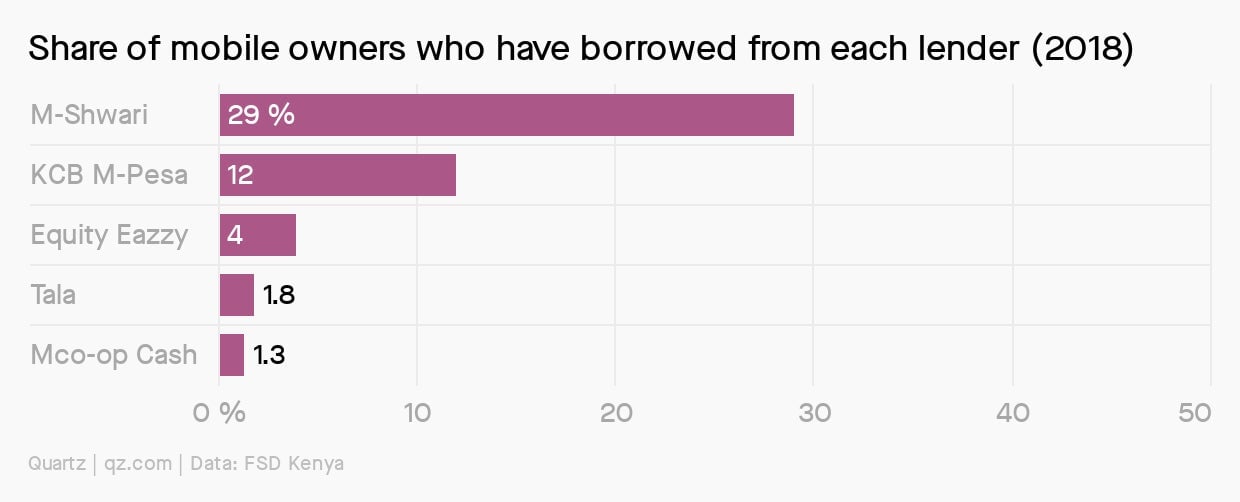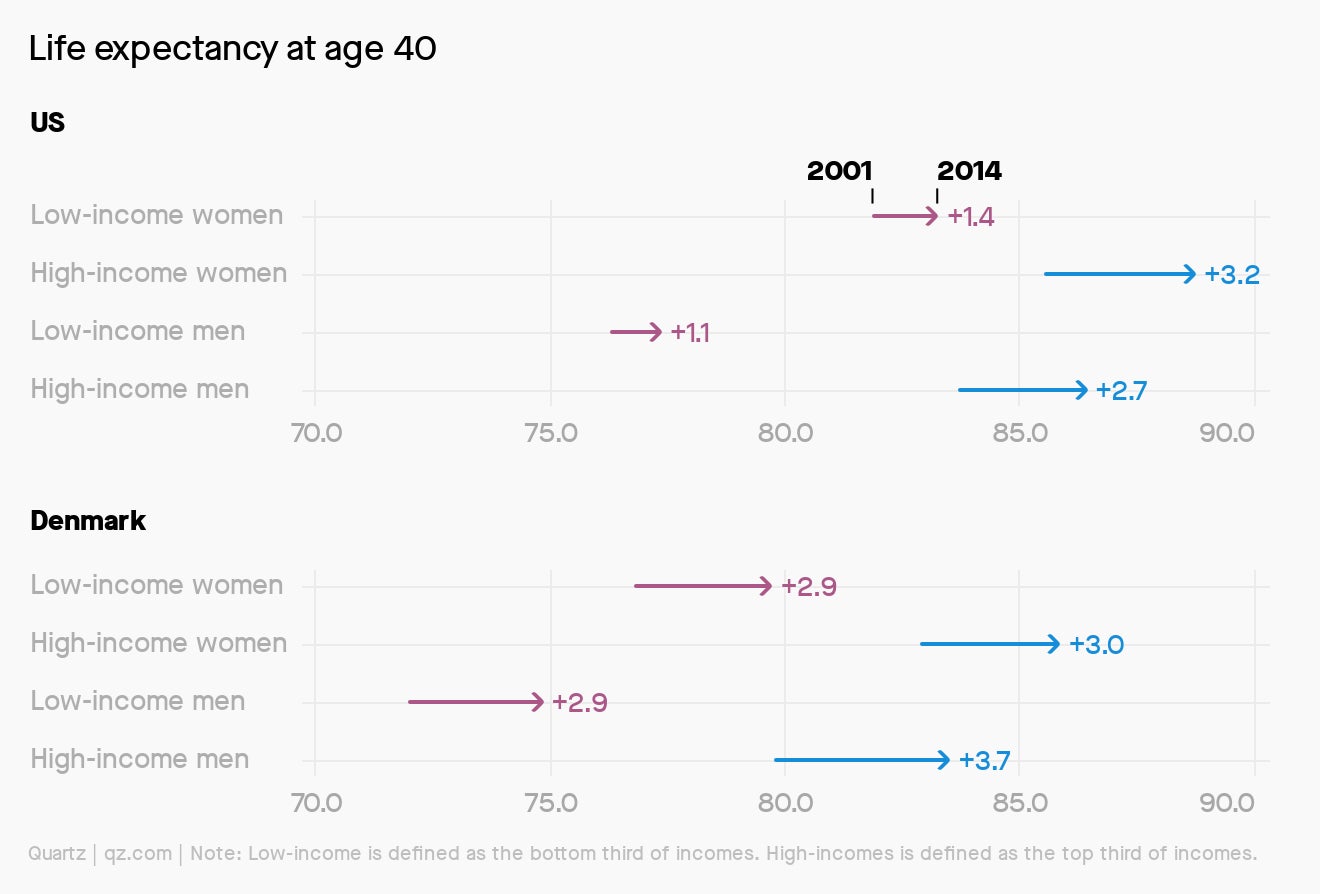Ethiopia’s intermittent internet, Nigeria’s schools go online, fixing supply chains
Hi, Quartz Africa readers!

Hi, Quartz Africa readers!
Fixing supply chains
This week I came across a short blog from April about logistics and the odds of freshly harvested tomatoes making it to markets in southern Nigeria from the northern farming region. It got me thinking about supply chains and their ongoing global disruption in the wake of the Covid-19 pandemic which has shuttered airports, seaports and hampered the movement of people around the world.
Naturally, a lot of the early focus on supply chain disruption was on China as the world’s manufacturing center and the first venue of the Covid-19 breakout. That concern quickly shifted from day-to-day widgets to worries about the global pharmaceutical supply chain, China and India alone supply 90% of the finished product or raw material of many small molecule drugs to the United States, Europe and Africa.
With Africa much of the focus is on supply chains around health and agriculture including food security. The issue might be less about major disruption on continent but more about the over-reliance on underdeveloped supply chains which easily collapse in the face of any challenge much less an unprecedented global crisis.
That’s why a $15 million award by the United States Agency for International Development (USAID) to support a training center in supply chain management in Ghana is worth noting. The new Center for Applied Research and Innovation in Supply Chain-Africa (CARISCA) will be established at the Kwame Nkrumah University of Science and Technology in partnership with Arizona State University.
The center is set to “train researchers and practitioners, produce new research, and translate and apply state-of-the-art research from around the world to improve local supply-chains, particularly in health care and agriculture.”
“It’s important we start addressing the broken and inefficient supply chains which have stunted Africa’s economic growth and the place to start is by training people to better manage the supply chains that currently exist,” says Brian Aoeah, a New York-based venture capital investor originally from Ghana and grew up in Nigeria. His firm Refashioned specializes in backing supply chain startups. “There’s much work to be done, but this is a good start.”
Aoeah often points out the global economy is dependent on the efficiencies of the various interlinked supply chain networks so even just a 1% improvement in operating an aggregate $90 trillion economy could be huge. Africa, of course, could see much bigger savings than 1%.
A transformation of supply chains is expected around the world in a post-Covid world and for Africa there’s plenty of hope being placed in the Africa Continental Free Trade Agreement (AfCFTA) as an opportunity to create larger markets and make regional manufacturing economically more feasible, says Prashant Yadav, a senior fellow with the Center for Global Development in Washington DC.
Building—rather than fixing—Africa’s domestic and intra-regional supply chains were always of vital importance and undoubtedly more so after the pandemic subsides. It’ll be great for more of those tomatoes to make it to Lagos and hopefully for a much lower marginal cost.
— Yinka Adegoke, Quartz Africa editor
P.S: Through August, Africa Weekly Brief will publish every other week. We return to your inbox on Aug. 9.
Five stories from this week
Rising migration restrictions are driving African refugees into the hands of smugglers in Latin America. Following Europe’s crackdown on migration, more African migrants are traveling through Latin America to try and reach the US and Canada. Chidinma Irene Nwoye writes on a global investigation into the Trump administration’s asylum restrictions which have left many migrants at the mercy of human smugglers and cartels.
Zimbabwe is squeezing its top mobile money platform for users’ data. In Zimbabwe, EcoCash, the biggest mobile money platform, is battling government efforts forcing it to hand over subscribers and transactions data as the authorities also go after journalists in a bid to clamp down on civil society. Legal experts and campaigners tell Tawanda Karombo in Harare the move by the government violates data privacy rights.
Nigerian schools are being forced to rethink their digital limits and education models in a pandemic. Despite the easing of stiff coronavirus lockdown measures, Nigeria’s enduring ban on large public gatherings means schools remain shuttered. In Lagos, Yomi Kazeem explains, it’s a reality that’s forcing private and government schools into a hasty overhaul of their age-old processes.
The internet is back on in Ethiopia but there’s every chance it’ll be off again soon. After a three-week hiatus in the wake of protests against the shooting of a local musician, Ethiopians finally have internet access again. But the restored access is likely only temporary given the government’s penchant for shuttering connectivity despite clear detrimental economic effect, Samuel Getachew reports from Addis Ababa.
How an art icon wants to revitalize Nigeria’s creative ecosystem with a residency for artists. Nigeria’s contemporary art scene is increasingly gaining global recognition as more opportunities for commercialization open up. Now, as Adaora Oramah writes, British-Nigerian art icon Yinka Shonibare is doing the important work of building creative residencies for artists to ensure African talent have access to vital education and support tools.
Dealmaker
•VALR, the largest bitcoin exchange by trading volume in South Africa, raised $3.4 million in a Series A round led 100x Ventures, investment arm of 100x Group, with participation from 4Di Capital as well as existing investors Bittrex and Montegray Capital.
•Kenyan ride-hailing company Little received $3 million in additional investment from parent company, Craft Silicon. The company which has operated in Kenya in partnership with telecoms giant Safaricom is now planning a West Africa expansion, starting in Accra, Ghana.
Chart of the Week
Kenya is doubling down on regulating mobile loan apps to combat predatory lending. Kenya’s central bank is proposing new regulation to curtail loan interest rates charged by digital loan apps. The move comes in the wake of mounting concern about the scale of predatory lending given the proliferation of startups offering mobile phone-based, collateral-free loans in Kenya.

Quartz gems
The richest people in the US are increasingly living longer than the poorest ones
. New research finds that high-income Americans added over 1.5 years more to their lifespans from 2001 to 2014 than low-income ones,
. Deaths caused by smoking and obesity hit poor, older Americans particularly hard. In Europe, the disparity in lifespan growth between the rich appears to have been much smaller.

Other things we liked
The unsung Nigerian football executive who called the shots in the English Premier League. The lack of diversity in the upper ranks of the English Premier League has been newly challenged by Michael Emenalo, the only longstanding black technical director in the league’s history. In an interview with Donald McRae of The Guardian, Emenalo, the former Nigerian international with a nomadic career, explains the complexities of his journey to becoming one of the most powerful men at English soccer club, Chelsea.
How Chinese tech billionaire Yahui Zhou calls the shots at Nigeria’s “chaotic” OPay. OPay, the super-app which “blitzscaled” its way through Nigeria and Kenya a year ago, has been going through a “chaotic” few months as it shuts down its non-fintech businesses. TechCabal’s Abubakar Idris reports on how its owner Chinese tech billionaire Yahui Zhou has been making key and unexpected decisions.
Tackling discrimination and prejudice in development. “Prejudice in the development business does not only come from outside. There is also entrenched self-doubt, self-hatred, and various forms of sociopolitical ills from within the continent,” writes Célestin Monga, visiting professor of Public Policy at Harvard’s Kennedy School. Monga discusses his experiences as a development economist at the World Bank and beyond and examines the problem of preconceptions about race and capability.
How John Lewis first met Malcolm X in Kenya. John Lewis, the American civil rights leader and US Congressman who died on July 17 at 80, cut his teeth as a student leader in 1960s. In October 1964 he was in Kenya on a quest to raise awareness with African students of what the Student Non-Violent Coordinating Committee (SNCC), was doing in the ongoing war against white supremacy. On that trip he met with Malcolm X for the first time, writes A. Peter Bailey in the Richmond Free Press.
ICYMI
Africa Digital Rights Fund. The fund offers grants of up to $20,000 to initiatives and projects working to advance digital rights. (Aug. 7)
Africa Energy Generation Prize. The prize aims to recognize young Africans who have “an innovative project or idea” across the thematic fields of energy, health or agribusiness. (Aug. 15)
The Africa Online Safety Fund. The Google-backed $1 million fund will award grants to organizations that address internet safety issues, especially with regard to children and women. (Aug. 21)
*This brief was produced while listening to Mapulani by Namadingo (Malawi).
Our best wishes for a productive and ideas-filled week ahead. Please send any news, comments, suggestions, ideas, invitations to Yinka Shonibare’s art residency and fresh Katsina tomatoes to [email protected]. You can follow us on Twitter at @qzafrica for updates throughout the day.
If you received this email from a friend or colleague, you can sign up here to receive the Quartz Africa Weekly Brief in your inbox every week. You can also follow Quartz Africa on Facebook.